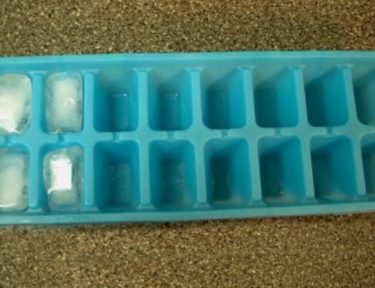What You May Not Know About The Rotisserie Chicken You Buy At The Grocery Store
Some nights we don’t feel like cooking, but that doesn’t mean that we necessarily want to turn to take out or delivery. We try to make healthy choices whenever possible, and fast food isn’t always the healthiest.
Sometimes we go to the grocery store with the best intentions. We’re going to buy some healthy ingredients to make dinner for our family. Then we get there and see something that derails us – a hot and ready to eat rotisserie chicken.
If you have ever bought a rotisserie chicken from a grocery store, you might be salivating right now. Most grocery store chickens are juicy and delicious. They’re also big enough for a whole family to enjoy if you add a couple side dishes like a salad, some dinner roles or a vegetable dish.
Another thing we love about rotisserie chickens is that they are usually priced low enough that it beats fast food and seems like a great value. We also like to tell ourselves that chicken is healthy, so it’s perfectly acceptable as a healthy meal for dinner.
We may be right about the convenience and the price, but depending on where you buy your rotisserie chicken, it may not be as healthy as you think it is.
Consumer Reports researched whether or not store bought rotisserie chickens are healthy. While rotisserie chickens can come in multiple flavors, such as BBQ or lemon, for the study, they looked at chickens that were as plain as possible, ones marked “plain” or “original.” What they found was that “plain” doesn’t always mean what you think.
Many grocery store rotisserie chickens are injected with a solution to make sure they’re juicy, and that solution also often means that the chickens have an extremely high sodium content. While you might be thinking that’s not a big deal because you like salt on your chicken, these chickens have a sodium level that is up to 9 times higher than without the added solution. That’s way more salt than you would ever add to the chicken on your own.
The worst offenders are the Member’s Mark Seasoned Rotisserie Chicken from Sam’s Club which have 550 mg of sodium in each 3 oz serving and the Kirkland chickens at Costco which have 460 mg of sodium in each serving.
The chicken with the least sodium is the Simple Truth rotisserie chicken from Kroger with only 40 mg of sodium per serving. The ingredients in this chicken are only chicken, water and sea salt.
Before you buy a rotisserie chicken, it’s a good idea to look at the nutrition label to check the ingredients and sodium content. That way you can make an informed decision. If the nutrition label isn’t on the package, ask a deli employee. The store should have the information available.




